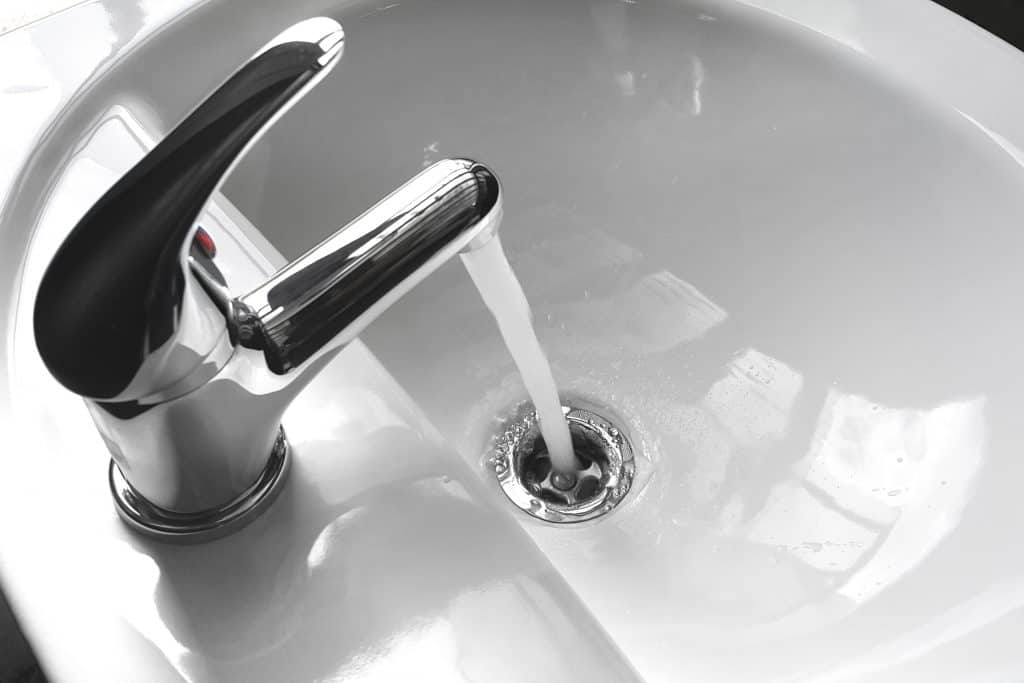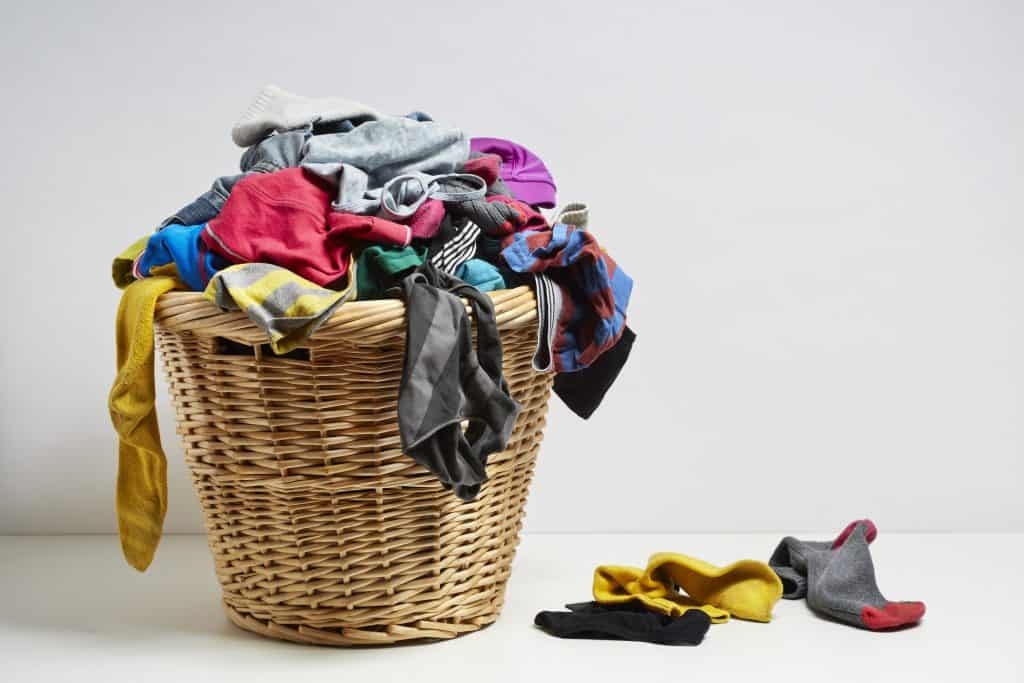A Mess Free Life may collect a share of sales or other compensation from the links on this page.
Our How To Develop Your Spending Plan continues with a look into how to save money during the month of May and what adjustments to consider as we head into the warmer months. To see the entire series go here.
Table of Contents
HOW TO DEVELOP YOUR SPENDING PLAN – MAY

After your mortgage payment, utility bills can be the next biggest line items in your budget.
And certain times of the year, they automatically increase. You can almost guarantee that your electric bill will be higher in the summer and winter due to extreme hot and cold seasons. Your water bill can also fluctuate depending on how many loads of laundry and dishes you have to do on a regular basis.
Almost anyone you talk to will tell you that they’d like to lower their utility bills.
It can be hard to do though, especially if you don’t want to make big sacrifices that will change your day-to-day living.
But there are several ways you can cut back to start to see your utility bills drop, even if only a little. Every little bit helps. You may find that some of these ideas are easy and inexpensive and some are more complicated, but they will all help you put more money in your pocket.
Start small and move on to the bigger projects if you’re inspired.
CUT YOUR ELECTRIC BILL
- Only wash a full load of laundry. Washing smaller loads uses the same amount of electricity so you’re not saving any money. If you do have to wash a smaller load though, be sure to adjust the water level setting; there’s no reason to use more water than you actually need.
- In the summer, hang clothes to dry, especially heavy items like towels and sweaters. It saves electricity and it’s better for the environment. You may want to dry your bed sheets in the dryer though, they’ll come out softer.
- If you’re using the dryer, don’t mix lightweight and heavy clothes in the same load. Heavier items take longer to dry so putting lighter clothes in with them means you’ll run the dryer longer than necessary. Dry towels by themselves, heavier clothes together, and lighter items alone.
- If you’re using a dryer in the winter, divert your dryer heat vent inside and leave the laundry room door open. This will help warm the house instead of sending all the warm air outside.
CUT YOUR WATER BILL
- Wash laundry in cold water. If you can only wash some of your laundry in hot water, set it aside until you have enough for a full load. This will save both water and electricity needed for heating the water and it’s better for your clothes. Cold water will help them last longer.
- Only run the dishwasher with a full load. It uses the same amount of hot water and electricity to wash one plate as a full load. If you’ve prewashed, the light wash cycle will save you about 2/3 of the water needed for a full cycle. Turn off the heat dry and open the door to let the steam out. Your dishes will dry on their own saving you electricity and even warming your kitchen.
- Large pots, pans, and platters take up a lot of space in the dishwasher, meaning you’ll have to do more loads. Wash large items by hand instead. You’ll save both water and electricity by doing so. Fill one sink basin with soapy water and one with clear hot water for washing and rinsing. This will allow you to wash without keeping the water running. Don’t run the hot water continuously while doing the dishes.
- Take short showers and avoid baths. If your mind tends to wander while you’re in the shower and you lose all track of time, use a timer to help you get in and out of the shower quicker. Every minute the water is running averages 3.8 gallons of hot water, so an 8-minute shower uses about 30 gallons of water. Cutting back on your shower time by even just a few minutes can save you a significant amount of money on your water bill.
SAVING MONEY ON HEATING AND AIR CONDITIONING
- Adjust the thermostat when no one is home to keep it warmer in the summer and cooler in the winter. It won’t take long to get it back to a comfortable temperature when you get home and you’ll keep your heat or air conditioning from running all day for no reason. You may want to install a timer so your heat or air will turn on and off on its own at certain times of the day when no one’s home or just before you’re returning home.
- In the winter, keep the thermostat at the lowest comfortable temperature. For every degree that you drop, you’ll save up to 5% of your heating bill. Instead, opt for extra layers, socks, and heat blankets to keep you toasty warm. Leave the oven door open after you’ve taken dinner out so the warm air can fill the kitchen. And confine yourself to using fewer rooms in the house; turn off vents in the rooms you don’t use so you’re not heating space that doesn’t need it.
- Do the opposite in the summer – use your air conditioning only enough to make the house comfortable, not cold. Dress in lightweight clothes and again, turn off vents in rooms you don’t use.
- Insulate outlets and light switches on outer walls; it’s very common to find energy leaks here. You can purchase insulated covers fairly inexpensively and install them yourself with just a screwdriver.
- Cover windows with bubble wrap in the winter for added insulation, it’s more efficient than plastic sheets. Caulk around doors and windows to seal drafty areas. Most energy loss happens around windows, ducts, plumbing and doors. Just a 1/16” crack can let in as much cold air as if you left a window open 1/2″.
CONCLUSION
Being more aware of how you use your utilities will easily help you to reduce your usage. Cutting back on water and electric usage can make a significant impact to your bill; adding a lot more money back in your pocket throughout the year.
Wouldn’t you rather use that money for something fun than pay it to a utility company?



